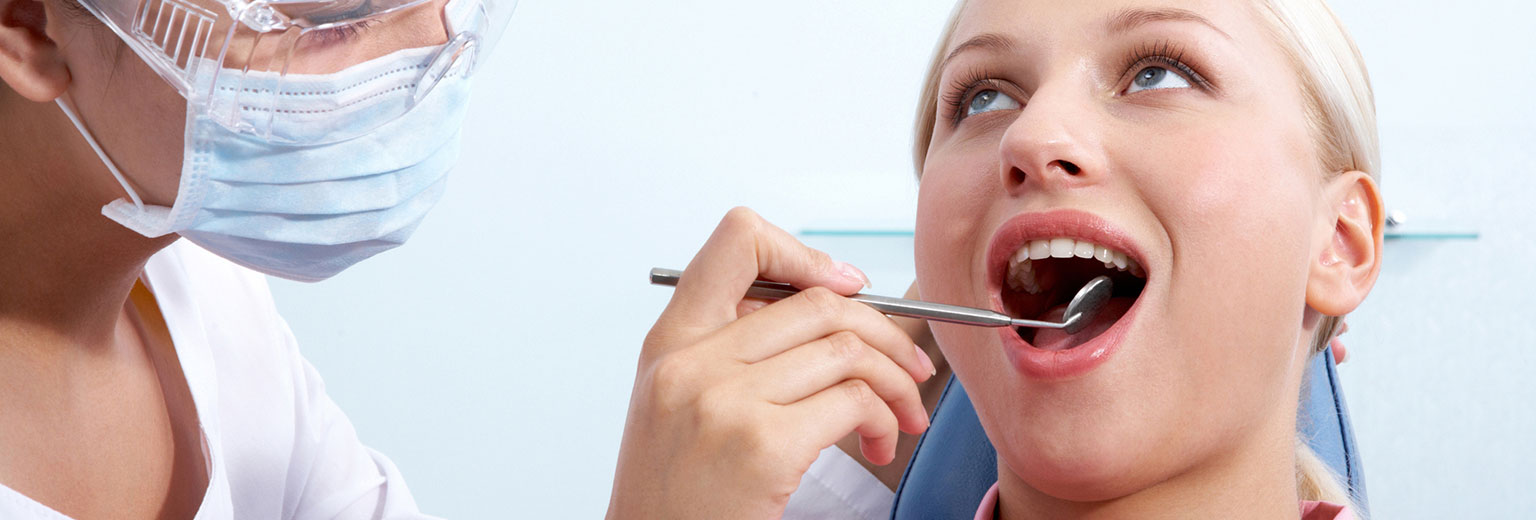Routine exams – a foundation of preventive dentistry for healthy and stunning smiles
Preventive dentistry, including routine oral exams and professional cleanings, are fundamental to the health of your smile, and the health of the “rest of you,” and your overall wellbeing. And at Smile Today Dental, we stand by and live our tagline of “designing smiles for active lifestyles.” We’ve made it as pleasant, non-intimidating, comfortable, and convenient as possible for our patients to schedule and maintain the checkups that are so vital to their quality of life:
- Partly, our dentists, Drs Evelyn Kidonakis, Jinyoung Yoo, and Amir Danesh, keep weekend and evening hours. We appreciate that you have many commitments competing for our time.
- We also appreciate that accidents and dental injuries do not “keep regular office hours.” For that reason, we have staffed to accommodate patients with urgent needs that need to see our doctors immediately.
- We’ve eliminated many of the barriers to getting preventive care. For instance, if patients “fear the bill,” we offer flexible financing through CareCredit®. Notably, preventive services are generally a great value and low cost compared to therapeutic procedures to treat existing problems. These services may be 100% covered by your insurance plan.
- We use many advanced and non-invasive diagnostic technologies for patients who have dental anxiety to facilitate the gentlest experience possible.
- We can discuss other ways to support utmost comfort, such as sedation with relaxing medications or pills or nitrous oxide (“laughing gas”).
We also believe that empowering our patients with information that they can trust is incredibly powerful. All patients, regardless of their risks of developing tooth decay, gum disease, or oral cancer, should expect the following preventive services at our practice on an ongoing basis:
- Professional cleanings – Our hygienists remove surface stains and stubborn bacterial plaque. Plaque build-up, or tartar, can only be removed by skilled professionals with specialized instruments. Our patients also love how fresh their breath feels after a cleaning and polishing! Your teeth will look whiter, too.
- Oral exams – During regular checkups, another instrument will be used to gently measure the spaces between your teeth and gums. Gum disease is progressive; it causes the supportive tissue to pull away from the teeth over time. So, we can use these measurements to assess the health of the gums and the severity of existing disease (if present). These findings inform treatment tailored to patients’ needs and can, in turn, effectively resolve the condition. Our dentists will also assess the state of your teeth and the condition of existing dental work.
- Cancer screenings – Your dentist will discuss any changes since your last checkup, which might indicate the presence of pre-cancers or early, localized tumors. The head, mouth, neck, and face are assessed for potential abnormalities both by sight and by touch. This step includes checking for strange lumps and swelling.
- X-rays – “Visual inspections” by our skilled dentists can tell us a great deal, but advanced technologies see and detect what our eyes can’t – including hidden decay or abnormalities that may be indicative of oral cancers. Since many oral conditions are often asymptomatic in their earliest stages, it is critical to maintain consistent checkups when they are easiest to treat. We use digital x-rays to safely render very detailed images, which inform accurate diagnoses and effective therapies.
What we find during these exams also guides our personalized recommendations. For example, we may find that you can benefit from specialized flossers or interdental brushes to better clean under bridges or other tight and hard-to-reach spaces. Patients who have difficulty cleaning back teeth can also benefit from preventive services available only at professional dental offices, such as dental sealants.
Due for a checkup? Contact us today, without delay, at 847-440-3331. We look forward to meeting or reconnecting with you and your family!

